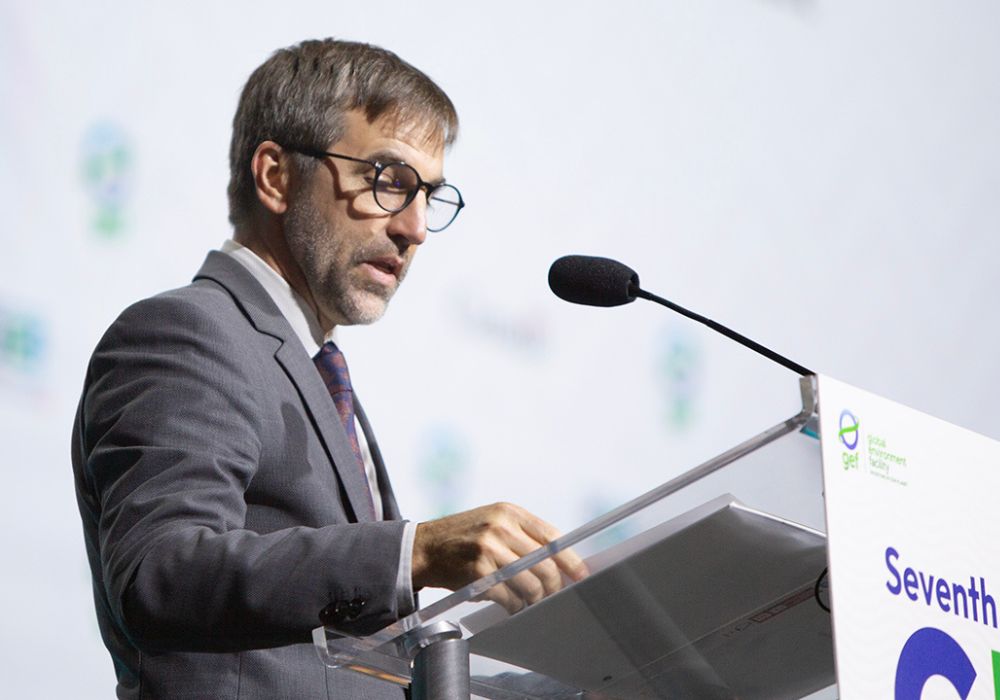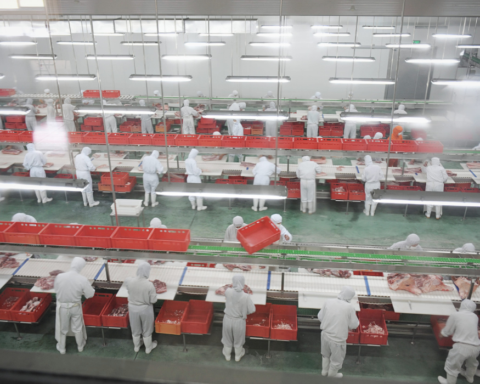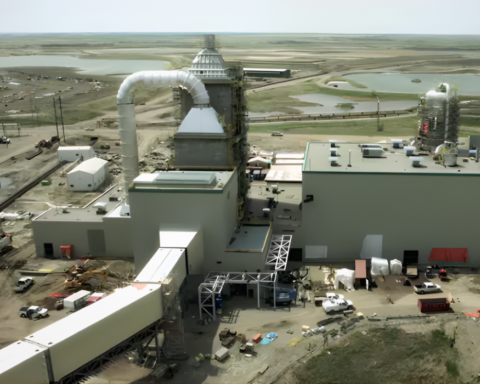The federal government is committing Canada to reduce greenhouse gas emissions by 45% to 50% below 2005 levels by 2035 but has not said how those cuts will be accomplished.
Environment and Climate Change Minister Steven Guilbeault pledged to release a plan next year that delivers on the 2035 target, even as Ottawa faces considerable blowback on its current efforts to meet its 2030 goal of a 40% to 45% reduction. The 2035 target “balances our need to drive green innovation while being responsive to our unique trade exposed and natural resources dependent economy,” the minister said in a document released December 12. “It also takes into account the concerns of Canadians around affordability. With increasing global political uncertainty, we need to ensure we can withstand unforeseen obstacles while making Canada a safe, stable and appealing place for investment.”
Ottawa is already facing some visible obstacles to achieving either its 2030 or 2035 climate goals. They include the opposition of provinces to more ambitious regulations, the election of climate-change-denier Donald Trump as president in the United States last month, and the lower priority that Canadians appear to be giving climate action compared to affordability issues.
The Trudeau government faces a likely election next year, and the Liberals trail the Conservative Party of Canada by 20 points in public opinion surveys.
A recent audit by the commissioner of the environment and sustainable development found that Ottawa has failed to put in place the measures that are required to meet its target for 2030. Of the 20 measures the auditor examined, only nine were on track to be implemented in a timely manner. Key among those missing measures are the long-promised oil and gas emissions cap against which the Alberta government and industry are campaigning aggressively, and the clean electricity regulations that Ontario and other provinces oppose.
Guilbeault insists that Ottawa can put in place the policies required to carry us toward the target, though he acknowledged that provincial support is crucial.
In a report this fall, the government-appointed Net-Zero Advisory Body urged the Liberal government to set a 2035 target of 50% to 55% below 2005 emission levels, saying the tougher goal was needed to meet the requirements of the Paris Agreement. However, it warned that Ottawa would need to not only finalize its existing policies – like the oil and gas cap – but come up with new measures to achieve the target.
The new 2035 goal “is a political target, not a realistic one,” says David McLaughlin, a Conservative strategist who recently published an essay on the need for more pragmatic and collaborative climate policy. “The government increased the 2035 target slightly to be able to say they are doing more but do not have a plan in place to achieve even the previous, less-ambitious target,” McLaughlin says in a text message. “What’s to say this target won’t be missed just like all the other ones?”
However, some environmental advocates argue that the 2035 target is too weak and will take Canada off course for achieving its fair share of global emission reductions in the bid to hold the increase in average temperatures well below 2°C.
“2024 has been the costliest year on record for weather disasters in Canada,” Caroline Brouillette, executive director of the Climate Action Network Canada, said in a release. “This is already affecting Canadians’ health, insurance premiums and grocery bills.” She said the problem isn’t with overly ambitious targets but with the lack of aggressive action needed to achieve them. She urged Ottawa to quickly finalize the oil-industry emissions cap and the clean electricity regulations.
The advocacy group Clean Energy Canada welcomed the 2035 target, saying it represents a balance between ambition and achievability. “Targets are meaningless without a roadmap to reach them,” executive director Mark Zacharias said in a release. Canadian emissions are at their lowest level in 27 years outside the pandemic, he noted. The Canadian Climate Institute has estimated that in 2023, GHGs were 8% below 2005 levels.
“To this end, the priority right now is to retain and finalize key policies and programs that will keep us within striking distance of these aspirations,” Zacharias said. “Measures that will make life more affordable for Canadians, in particular, should be at the top of the list.”







